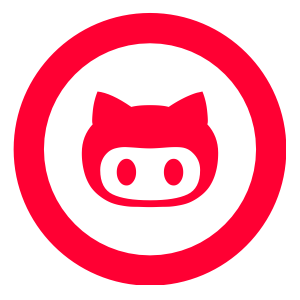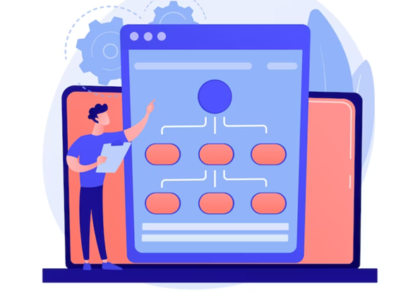The IT-sphere attracts applicants with good working conditions and more than decent salaries. Therefore every year more and more people strive to get there. The best part is that you can start a career in IT at any age. But if a person has worked in a completely different field before, it can be difficult to decide what exactly one wants to do in the field of information resources and where to even start. So we’ve prepared for you a short article that will help you understand where you need to go.
Deciding on the specialization
Ideally, you should choose the language you feel passionate about. If you don’t like the language, the learning process will be very slow, and eventually, you will have no desire to work as a programmer at all.
The second point is the complexity of the language. What you definitely should not start with is the study of C++ or low-level languages. C++ is really difficult to learn, and the demand for low-level languages is falling. It is believed that the easiest to learn is Python or PHP. But in practice, Java is quite good to learn from scratch, because it has a fairly simple logic. You can also start with the basic markup languages HTML and CSS, and then master JavaScript. This is the beaten path to Front-end developers.

In addition, it is worth considering another important point – the demand for a particular language in the job market. After all, the ultimate goal is to find a job in the IT field. So do not be lazy, be sure to go to some popular websites with offers from employers and see what languages are in demand now. Write down the top 5 most popular languages and see which one you can master with the least effort.
You will also need to decide the direction of programming. There are quite a few of them. The most popular and relatively easy branches are the development of websites and web applications. For this you need a knowledge of layout and JavaScript, a very big advantage will be the ability to work with one of the popular JS frameworks: Angular, Vue, React. Having received this knowledge you can be considered as a full-fledged frontend developer. And if you add to them the ability to work with server frameworks like Node, then you will be a Full Stack developer.
For the web are also ideal languages Python and PHP. The vast majority of sites around the world are written in this trinity: JS, PHP, Python.
Testing is also great for entering the IT-sphere. Testers come in 2 kinds, manual (manual testing) and automatic. The latter perform testing by writing code for certain scenarios. Their level of programming knowledge is a bit lower than that of full-fledged programmers, but still, they can’t do without programming knowledge. Typically, automated testing uses languages such as Java, Python or JavaScript (but knowledge of Node.js is required for it).
Where to start
Once you’ve decided on a language, you need to start learning it. And here you can go several ways.

Educate yourself
To do this, scour the Internet for good books and manuals for the desired language and methodically read them, doing all the proposed exercises. This way is quite difficult because for a beginner it’s hard to assess the relevance of the information offered, to separate the main information from the secondary, and make yourself study consistently and methodically from day today. But, as they say, nothing is impossible. In this case, it is good if you find a mentor who will prompt you on the training materials, point out the code errors and explain how to fix them.
Go to the courses
This option is more expensive, but simpler. You won’t have to spend time searching for the information. You will be provided with all the knowledge you need, and most importantly, relevant to your work. You will get a lot of practical experience and will be able to ask all the questions that arise along the way to an experienced teacher. Therefore, the speed of learning will be much faster. Plus, you’ll end up with your own project for your portfolio, which will make it easier to find a job. You can find IT courses in any programming language in Minsk, so just read the reviews to choose the most effective ones for you.
Conclusion
Whichever path you choose, remember that it all depends on you. Be persistent in learning, keep your interest in the language, practice every day to create code at least a little bit and you will see that every day you are getting closer to the desired profession of a programmer.





